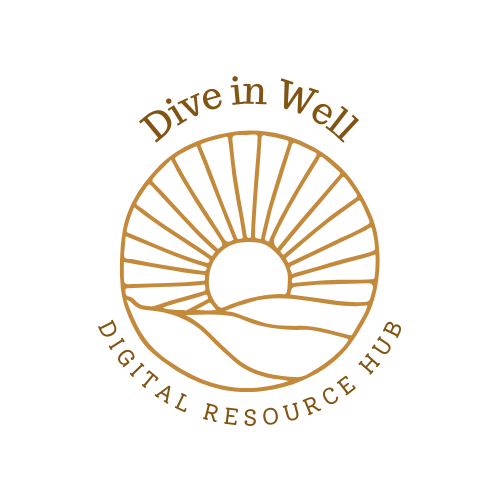
Effectively Researching Mental Health Issues and Substance Use Online
Effectively Researching Mental Health Issues and Substance Use Online
Navigating the complexities of mental health and substance use can be a daunting task, especially when you’re in the thick of it. I’ve been there, feeling lost and overwhelmed, searching for answers and support. Thankfully, the digital world has become a treasure trove of information, resources, and communities that offer invaluable assistance to those in need. As someone who has struggled with mental health issues in the past, I can attest to the lifesaving impact of online resources and digital support. Here’s how you can effectively research mental health issues and substance use online.
1. Start with reputable sources
The internet is flooded with information, some of which can be misleading or downright harmful. It’s crucial to rely on reputable sources when researching mental health and substance use. Websites like the National Institute of Mental Health (NIMH), Centers for Disease Control and Prevention (CDC), and World Health Organization (WHO) offer evidence-based information and resources. Look for websites that cite scientific studies, are updated regularly, and are endorsed by healthcare professionals or organizations.
2. Understand your symptoms
Before diving into research, it’s essential to have a clear understanding of your symptoms and experiences. This self-awareness can help you narrow down your search and find information that is relevant to your situation. Document your symptoms, triggers, and any patterns you’ve noticed. This information can be invaluable when discussing your concerns with healthcare providers or searching for specific resources online.
3. Utilize online screening tools
Online screening tools can be a helpful starting point to assess your mental health or substance use concerns. Websites like Mental Health America and the Substance Abuse and Mental Health Services Administration (SAMHSA) offer free, anonymous screenings for various conditions. While these tools are not a substitute for professional diagnosis or treatment, they can provide insight into your symptoms and help you determine if you should seek further evaluation from a healthcare provider.
4. Engage with online communities
Connecting with others who are going through similar experiences can be incredibly comforting and empowering. Online forums, support groups, and social media communities dedicated to mental health and substance use offer a safe space to share your story, ask questions, and receive support from others who understand what you’re going through. Websites like Reddit, Psych Central, and 7 Cups have active communities where you can connect with peers and experts.
5. Be cautious with personal stories
While personal stories and testimonials can offer valuable insights and validation, it’s essential to approach them with a critical mind. Not every experience will be applicable to your situation, and anecdotal evidence should not replace professional advice or treatment. Look for stories that resonate with you and provide encouragement, but always consult with healthcare professionals before making decisions about your care.
6. Stay informed but avoid information overload
Researching mental health and substance use can be overwhelming, especially when you’re already struggling. Set limits on your research to prevent information overload and burnout. Focus on gathering the information you need to understand your condition, treatment options, and available resources. Remember, it’s okay to take breaks and step away from your research when you need to.
7. Consult with healthcare professionals
While online resources can be a valuable starting point, they should not replace professional medical advice, diagnosis, or treatment. If you’re experiencing mental health issues or substance use concerns, it’s crucial to consult with healthcare professionals, such as therapists, counselors, or doctors, who can provide personalized guidance and support. They can help you understand your symptoms, recommend appropriate treatments, and connect you with additional resources and support services.
Conclusion
Navigating mental health issues and substance use can be challenging, but the digital world offers a wealth of resources and support for those in need. By starting with reputable sources, understanding your symptoms, utilizing online screening tools, engaging with online communities, being cautious with personal stories, staying informed but avoiding information overload, and consulting with healthcare professionals, you can effectively research and find the support you need online. Remember, you’re not alone in this journey, and help is always available.
•

